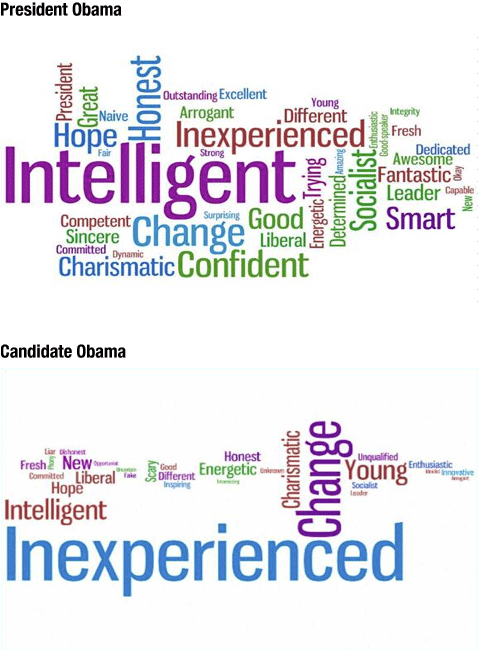It finds that, despite growth and immigration that has added nearly 50 million adults to the U.S. population, almost all religious denominations have lost ground since the first ARIS survey in 1990.
Twenty-first century Americans are much more likely to embrace spiritual options outside organized religion. Considering the theocratic nature of the modern Republican Party, this is devastating news for the GOP as it struggles to find a path forward.
• So many Americans claim no religion at all (15%, up from 8% in 1990), that this category now outranks every other major U.S. religious group except Catholics and Baptists. In a nation that has long been mostly Christian, "the challenge to Christianity … does not come from other religions but from a rejection of all forms of organized religion," the report concludes.
Check out USA Today's cool interactive graphic illustrating the nation's religious shifts. Catholic numbers are dropping in New England and the midwest. The study attributes this to the sexual abuse scandals that rocked many Catholic dioceses over the past fifteen years. As the region aborbs emigrants from across the country, Baptists no longer dominate the South as they once did.
One of the survey's co-authors, Barry Kosmin's comments must cause Republican strategists to quake in fear at their long-term electoral prospects:
"More than ever before, people are just making up their own stories of who they are. They say, 'I'm everything. I'm nothing. I believe in myself,' " says Barry Kosmin, survey co-author.
...
Kosmin concluded from the 1990 data that many saw God as a "personal hobby," and that the USA is "a greenhouse for spiritual sprouts."
Today, he says, "religion has become more like a fashion statement, not a deep personal commitment for many."
Ouch.
This demographic shift gets right to the heart of the division rending the Republican Party.
Will increased intermingling of religious and spiritual experiences lead to more tolerance in our national dialogue? Or, will conservative reactionaries see this tapestry of faith traditions as a threat to the "American Way of Life" and continue to try to divide Americans along religious lines?





No comments:
Post a Comment